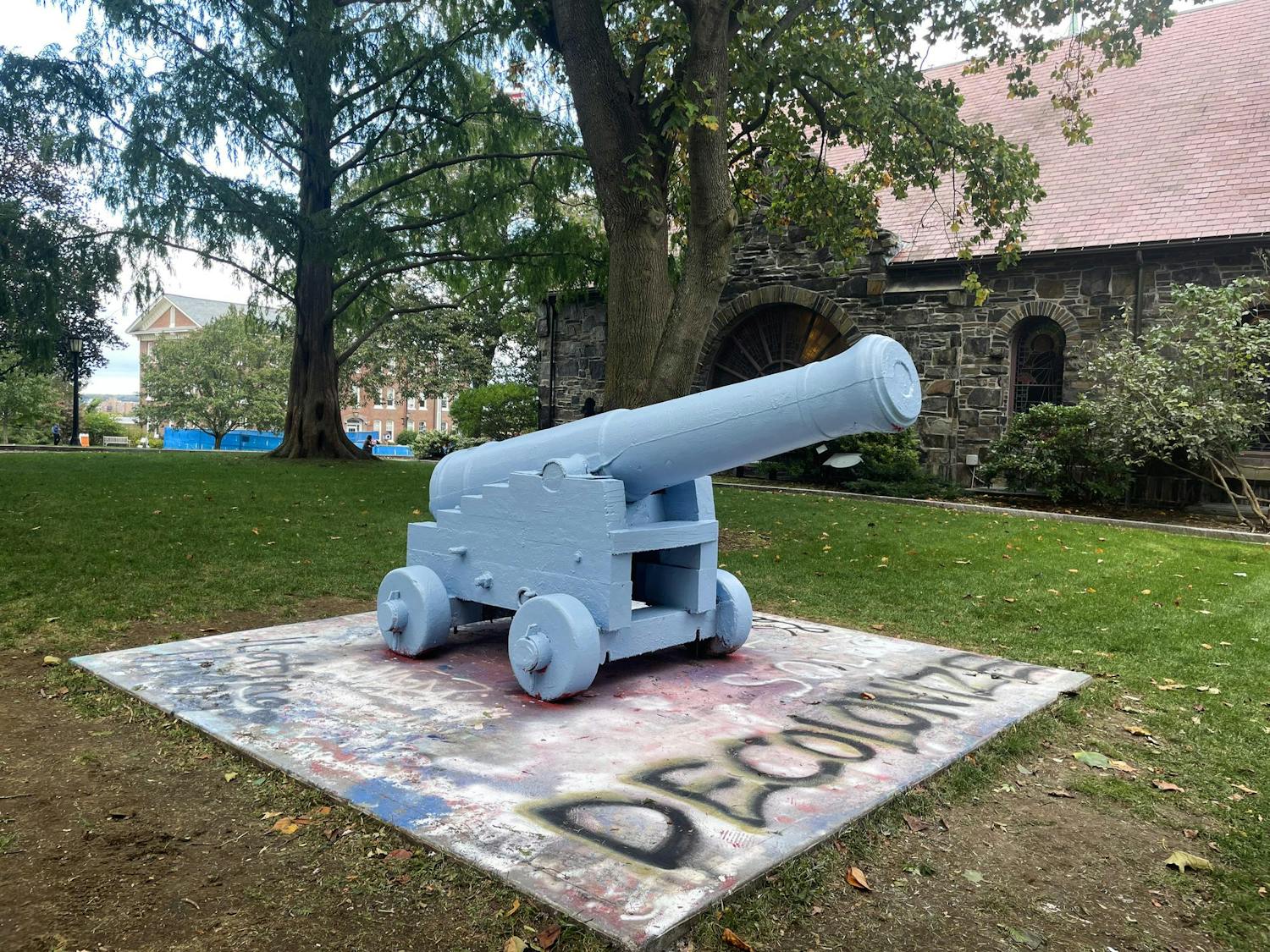Environmental policy: How the gap widened
It’s easy to view climate change and environmental issues at large as being inherently partisan. Recent polling shows stark differences in how Republicans feel about climate change versus Democrats. Not a single Republican voted for former President ...






















